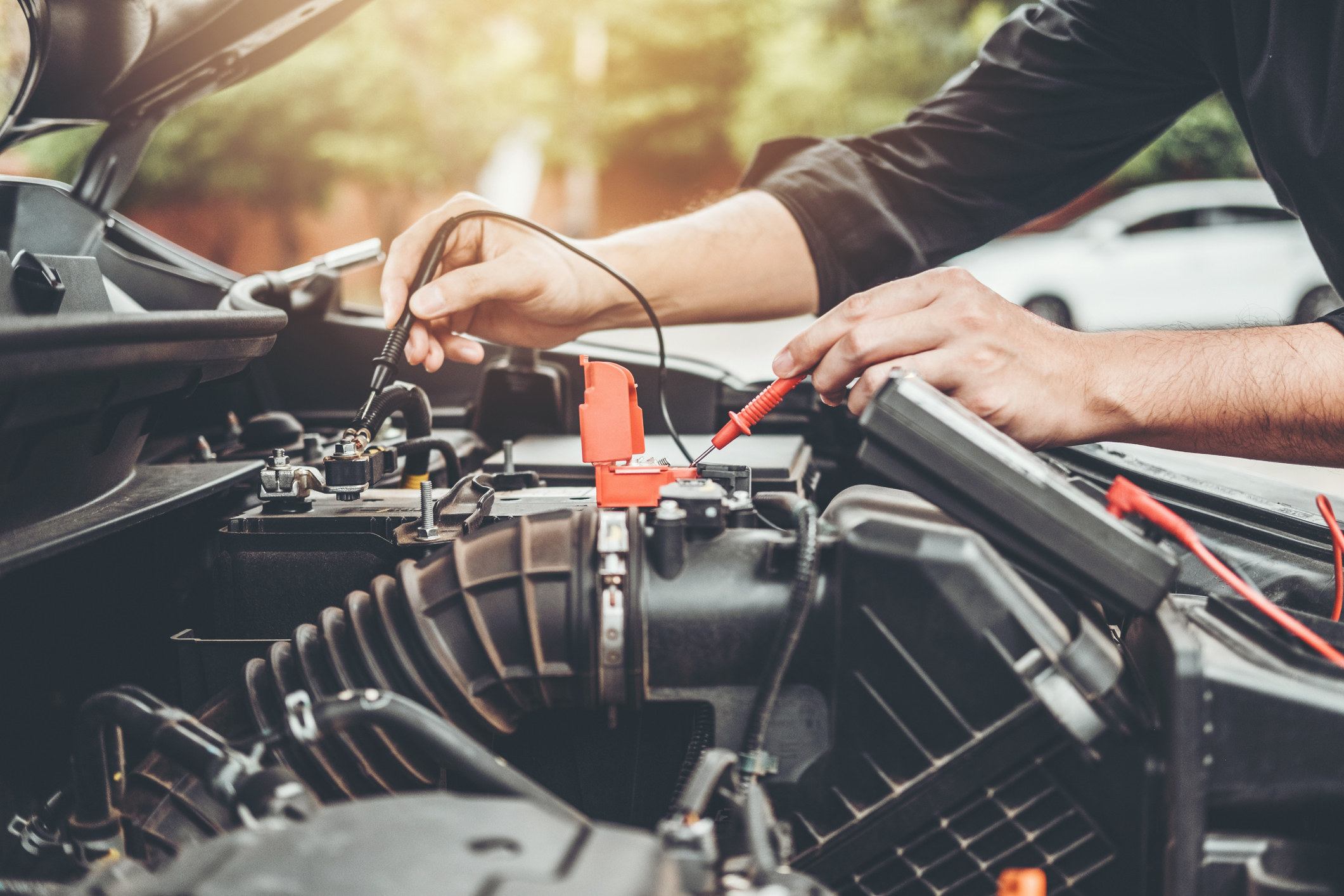Featured

The exhaust system in your automobile plays a vital duty in maintaining engine effectiveness, decreasing exhausts, and improving general efficiency. It works by guiding exhaust gases far from the engine, aiding to decrease sound and making sure that damaging gases are appropriately filteringed system before being released right into the ambience. In time, nevertheless, the exhaust system undergoes harsh conditions, including extreme temperatures, dampness, and road debris, which can lead to rust, rust, or also failure. By taking correct treatment of your exhaust system, you can expand its life and prevent expensive repair work. Here are some key tips on just how to do simply that.
- Routine Examinations and Maintenance. The ideal means to stop significant problems with your exhaust system is by having it examined on a regular basis. If you listen to unusual noises, such as a loud rolling noise or a hissing audio while driving, it might indicate an exhaust leakage or another problem that needs instant interest.
- Tidy Your Exhaust System. Extreme dust, debris, and roadway salt can increase deterioration and corrosion on your exhaust system. To stop this, make it a behavior to wash the underside of your automobile consistently. Pay unique focus to locations around the exhaust pipelines and muffler, especially after driving in salty or wet conditions. Using a pressure washer or tube can aid eliminate pollutants that might have constructed up. For cars that are regularly driven in chillier climates, washing your vehicle after winter season months can prevent lasting damage brought on by salt and other corrosive components.
- Stay Clear Of Short Trips. If you take brief journeys around town, specifically in chillier weather, it's vital to know that your exhaust system does not get the possibility to heat up completely. During longer drives, the exhaust system reaches a high sufficient temperature to burn any type of dampness and condensation inside the pipes. Short trips, on the various other hand, can leave moisture entraped, leading to rust and deterioration. Try to take longer drives whenever possible, or enable your auto to idle for a couple of minutes before closing it off after short trips. This assists guarantee that the exhaust system warms up enough to evaporate any trapped wetness.
- Drive Responsibly. Just how you drive can have a considerable influence on the lifespan of your exhaust system. Aggressive driving, consisting of rapid velocity, difficult stopping, and excessive rate, can trigger unnecessary stress on the exhaust elements.
- Take Care Of Exhaust Leaks Quickly. A leaking exhaust system can cause harmful gases, such as carbon monoxide, to enter the cabin, which can be hazardous to guests. Neglecting an exhaust leakage can lead to more significant damages to the whole system, including the catalytic converter, which is expensive to change.
- Change Faulty Oxygen Sensors. The oxygen sensing units in your car keep an eye on the quantity of oxygen in the exhaust gases and aid manage the air-fuel proportion for ideal engine performance. If these sensors become defective or wear out, they can cause inefficient engine operation, boosted emissions, and pressure on the exhaust system. Having your oxygen sensing units examined throughout regular maintenance can assist guarantee they are working effectively. Changing defective sensing units immediately can avoid added wear on your exhaust system and boost gas efficiency.
- Protect Your Exhaust System from Road Hazards. Splits, roadway debris, and driving over curbs can cause damage to the exhaust system, resulting in splits, dents, or even the complete failing of specific parts. To secure your exhaust system, attempt to avoid driving over barriers that can create damages. Beware when driving on harsh or unequal terrain, and take notice of the road problems, especially in locations with regular building and construction or roadway job.

- Keep Your Engine. If your engine is misfiring or not running successfully, it can cause excess gas and damaging exhausts to get in the exhaust system. Normal engine upkeep, including changing the oil, changing stimulate plugs, and checking the air and fuel filters, can assist keep your engine running efficiently and lower the pressure on your exhaust system.
Conclusion. Normal assessments, punctual repair work, and accountable driving routines are vital to prolonging the life of your exhaust system. By adhering to these easy pointers and preserving your exhaust system, you can stop expensive fixings, boost engine performance, and keep your car running smoothly.
Latest Posts
Find Outstanding Car Repair Services offered by Montclare Auto Repair – Keep Your Car Running Smoothly
Published May 27, 25
1 min read
Safeguard Your Home with Quality Residential Roof
Published May 23, 25
1 min read
Unlock Your Partner at WyHy Maximizes Your Savings on Borrowing and Banking
Published May 23, 25
1 min read
More
Latest Posts
Find Outstanding Car Repair Services offered by Montclare Auto Repair – Keep Your Car Running Smoothly
Published May 27, 25
1 min read
Safeguard Your Home with Quality Residential Roof
Published May 23, 25
1 min read
Unlock Your Partner at WyHy Maximizes Your Savings on Borrowing and Banking
Published May 23, 25
1 min read